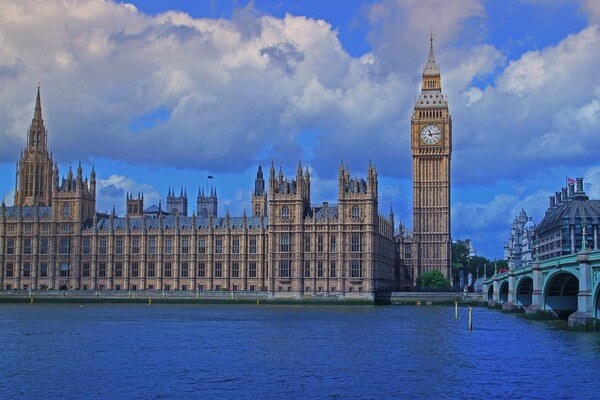News Release from windfair.net
Wind Industry Profile of
British Government lifts onshore ban in England
For years, the onshore wind market in England has lain fallow. In 2015, then-UK Prime Minister David Cameron introduced a series of planning conditions that many saw as a de facto ban on the development of new onshore wind farms. For example, the objection of a single person was enough to stop a project. In addition, all subsidies for onshore wind turbines were eliminated. Not surprisingly, virtually no onshore wind turbines have been installed in England since then. Many developers concentrated on other parts of the country, such as Wales or Scotland, where onshore wind power was still possible. England, on the other hand, focused primarily on developing offshore wind and other energy sources. According to the Guardian, this led to a 96% drop in the number of turbines built in England between 2016 and 2020 - only 20 onshore turbines were installed in England during that period, compared to just two last year.
But with the energy crisis triggered by Russia's war against Ukraine, voices on the island have been getting louder to lift this ban in order to have a chance to slow down the climate crisis and achieve the Net Zero plans. Small fact on the side: even Ukraine has installed more wind turbines than England since the war began. In any case, in recent years it has been hard to understand why the onshore ban has been upheld, given that building them is much cheaper and faster than building offshore wind farms. The members of the conservative governing party, however, repeatedly cited the will of the voters - an important factor in times of unstable governments.
But on Tuesday, the time finally came: The British Secretary of State for Levelling Up, Housing and Communities, Michael Gove, relaxed restrictions on the construction of onshore wind farms in England. Gove said, according to the Guardian, "To increase our energy security and develop a cleaner, greener economy, we are introducing new measures to allow local communities to back onshore wind power projects. This will only apply in areas where developments have community support, but these changes will help build on Britain’s enormous success as a global leader in offshore wind, helping us on our journey to net zero."
Claire Coutinho, newly appointed Energy Minister, said, "Onshore wind also has a key role to play and these changes will help speed up the delivery of projects where local communities want them." Therefore, to increase acceptance among local communities, the government plans to introduce a new incentive system to ensure that local residents also receive a share of the economic benefits from new wind projects.

The lifting of the onshore ban had caused much controversy within the UK government in recent months. (Image: Pixabay)
This brings to an end a weeks-long tug-of-war within the British government. British Prime Minister Rishi Sunak had held on to the ban on onshore wind power as recently as last year, but now had to bow to it in the face of a threatened "rebellion" by several MPs.
Still, not everyone is happy with the move. James Robottom, head of onshore wind at industry body RenewableUK, said, "The proposed changes don’t go far enough. We will still face a planning system stacked against onshore wind that treats it differently to every other energy source or infrastructure project. A lot will be open to interpretation and there are still hurdles to navigate which remain in place. [...] While industry will work with Government to see how these changes might be able to support a limited number of new developments, this is a missed opportunity to reinvigorate onshore wind in England after eight years of lost progress."
Energy UK's deputy chief executive Dhara Vyas was also critical: "While today’s statement confirms the changes the Government proposed last year, it has not, as yet, put onshore wind in the position where it is treated the same in the same way as other infrastructure planning applications. Without that, this will represent a missed opportunity as developers will remain reluctant about committing the time and expense of putting forward new onshore projects knowing they still face a higher risk of being blocked."
And while not all members within the Conservative Party are behind the decision by a long shot either - fearing rejection by voters* - the decision does not go far enough for the opposition. Ed Miliband, business and energy secretary in Labour's shadow cabinet, has promised that his party would abolish all special planning requirements for onshore wind farms and allow councils to treat them like any other infrastructure.
The next elections in the UK will (probably) be held next year - so the battle for votes has begun.
- Author:
- Katrin Radtke
- Email:
- press@windfair.net
- Keywords:
- UK, England, onshore, wind farm, wind turbine, ban, government, veto, planning, Tories, conservative, Labour

























